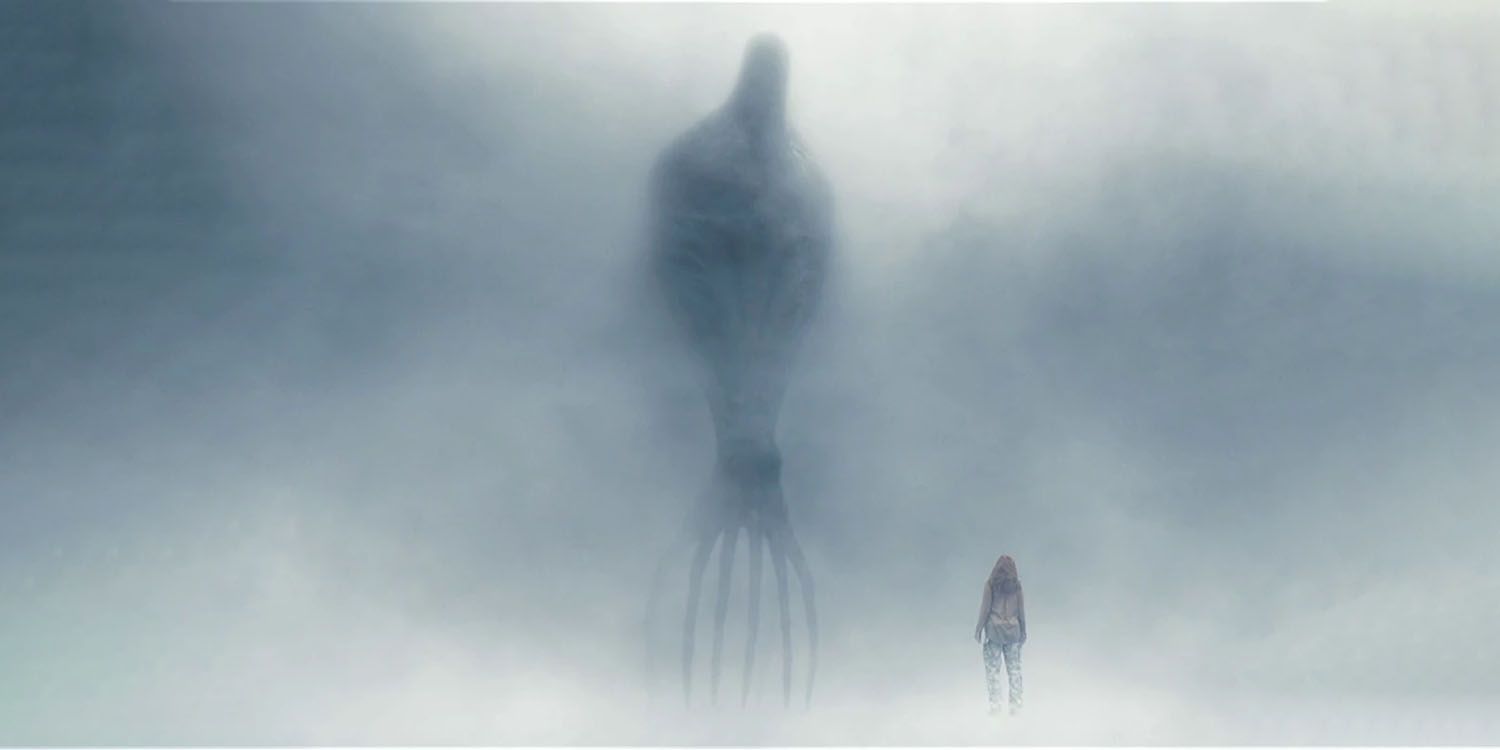Some of the best sci-fi movies give audiences something to savor with each rewatch, but Arrival goes one step further, since it’s practically impossible to watch just once. Arrival represented a major turning point in Denis Villeneuve’s career, because it was his first sci-fi movie. He’s gone on to become one of the genre’s great luminaries, with Blade Runner 2049 and his two Dune movies.
Arrival is based on Ted Chiang’s Story of Your Life, a novella that explores some interesting theories in linguistics. Despite the story’s literary roots, Eric Heisserer’s script translates Chiang’s themes to the screen perfectly. Amy Adams stars as a linguist tasked with deciphering the language of a species of aliens who mysteriously appear at various sites all over the world.
Why Arrival Left Us Speechless (Especially The Ending)
Arrival’s Ending Hits Hard
Arrival delivered immediate proof that Villeneuve had a natural flair for sci-fi. From the towering, enigmatic spacecraft to the vaguely insectoid aliens, Villeneuve demonstrates an innate sense of spectacle and scale that elicits wonder at every turn. He’s built on this idea in his more recent movies, like with Dune‘s portrayal of enormous sand worms thrumming beneath the desert.
While Arrival‘s broad strokes are breathtaking, Villeneuve ensures that his film also works at ground level. Thanks in part to an outstanding central performance from Adams, Arrival never loses the human element of the story in its cerebral discussions of linguistic theory and geopolitics. The characters are at the heart of the drama, and Villeneuve gives them plenty of room.
It’s hard to talk about Arrival without talking about its hammer-blow ending. Arrival‘s tangled non-linear timeline constantly throws up surprises, and the execution of the final twist is masterfully done, with both Heisserer and Villeneuve showing a light touch that allows the audience the joy of putting the pieces together.
You Can’t Just Watch Arrival One Time
Each Rewatch Reveals More Detail
Arrival‘s genius twist is the kind that makes audiences want to immediately watch it again, since it casts vital parts of the story in a new light. Suddenly, Louise’s emotional ghosts become even more tragic, although her grief also takes on a new level of complexity due to her complicity in events.
It’s interesting to go back and see how Arrival drops little breadcrumbs for the audience to figure things out, and how it weaponizes the audience’s expectations to create something unforgettable. Not only does it hold up under intense scrutiny, but it reveals more elements to admire and more intricate, thoughtful details worth picking up.
Arrival‘s ending resolves some of the great mysteries that color the narrative, but there are still questions left unanswered. The exact nature, origin and desires of the aliens in Arrival remain open to speculation. Fittingly, the best way to explore these threads is to step back and take a holistic view of Arrival, from start to finish.






